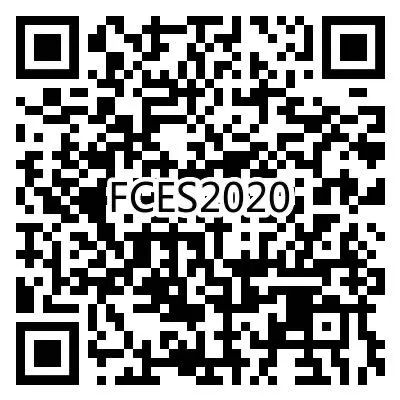FCES2020 | 疫情后的未来在线教育:思考与展望
疫情时期的在线教育让我们充分体会到近年来信息技术发展和互联网基础设施建设所带来的红利,同时也促使我们从本源上去思考理想中的在线教育的场景和需要的技术。第二天的研讨会将聚焦未来在线计算机教育,讨论和交流新时期我国在线计算机教育的发展路径和支撑技术。
主题报告一:数字化转型与计算机科学教育
Topic: Digital Transformation VS. Computer Science Education
摘要:世界处于大变局的时代,互联网正在深刻地改变着人类和社会,数字化转型业已成为一个不可阻挡的趋势。数字化本质上就是数据化和数智化,数据是万物互联的桥梁和媒介,更是新一代人工智能的基础,是促成转型的新动力(New Power)。新型信息技术的重要特征就是从“以计算为中心”向“以数据为中心”转变。我们处在一个新的技术起点,新时期的计算机科学教育不仅仅是传统的专业教育,也是一场新的启蒙运动,会带来新的科学、理性和人本主义,涉及人类的认知和意识的改变。
讲者:
周傲英
华东师范大学副校长,“智能+”研究院院长、数据科学与工程学院教授。现担任第七届国务院学科评议组成员,CCF会士,上海计算机学会副理事长、《计算机学报》副主编。曾入选教育部长江学者特聘教授,获得过国家杰出青年基金项目。主要研究兴趣包括:数据库、数据管理、数字化转型、教育科技(EduTech)和物流科技(LogTech)等数据驱动的应用等。
主题报告二:
Teaching Online in 2020: What are we learning in US universities?
Abstract:With only a one-week notice, many US colleges and universities abruptly moved all spring 2020 teaching online. We managed to do something that would have been unthinkable a decade ago. But this has been very difficult for instructors, institutions, and students. And we are going to suffer through another year.
What are we learning from this massive large-scale experiment? First and foremost, based on instructor surveys and conversations at one institution, instructors rose to the occasion and devoted hundreds of extra hours to trying new methods and iteratively improving their courses. Second, the most successful courses emphasized student empathy, carefully monitoring student health, progress, home environment, internet bandwidth, and outlook. Third, successful online pedagogy must be intentional and informed: combinations involving pre-recorded video, interactive sessions, various kinds of “office hours” and help sessions, as well as specialized platforms designed to support collaboration and evaluation were all used purposefully and effectively. With another year, we will learn more and likely change education forever.
讲者:
John C. Mitchell
Mary and Gordon Crary Family Professor, professor of computer science, professor of electrical engineering and professor of education, Stanford University
John Mitchell was previously appointed as Stanford’s inaugural Vice Provost for Online Learning in 2012 and inaugural Vice Provost for Teaching and Learning in 2015. His team worked with more than 500 Stanford faculty members and instructors on over 1,000 online projects for campus or public audiences; transitioned the campus to a new university-wide course evaluation and learning management systems, and initiated the Year of Learning to envision the future of teaching and learning at Stanford and beyond. As co-director of the Lytics Lab, he has worked to improve educational outcomes through data-driven research and iterative design. Mitchell’s past research has also focused on computer security, network protocols, authorization and access control, web security, and privacy.
Mitchell’s first research project in online learning started in 2009, when he and six undergraduate students built Stanford CourseWare, an innovative platform that expanded to support interactive video and discussion. CourseWare served as the foundation for initial flipped classroom experiments at Stanford and helped inspire the first massive open online courses (MOOCs) from Stanford. Professor Mitchell currently serves as Chair of the Stanford Department of Computer Science.

会议简单议程

 返回首页
返回首页








